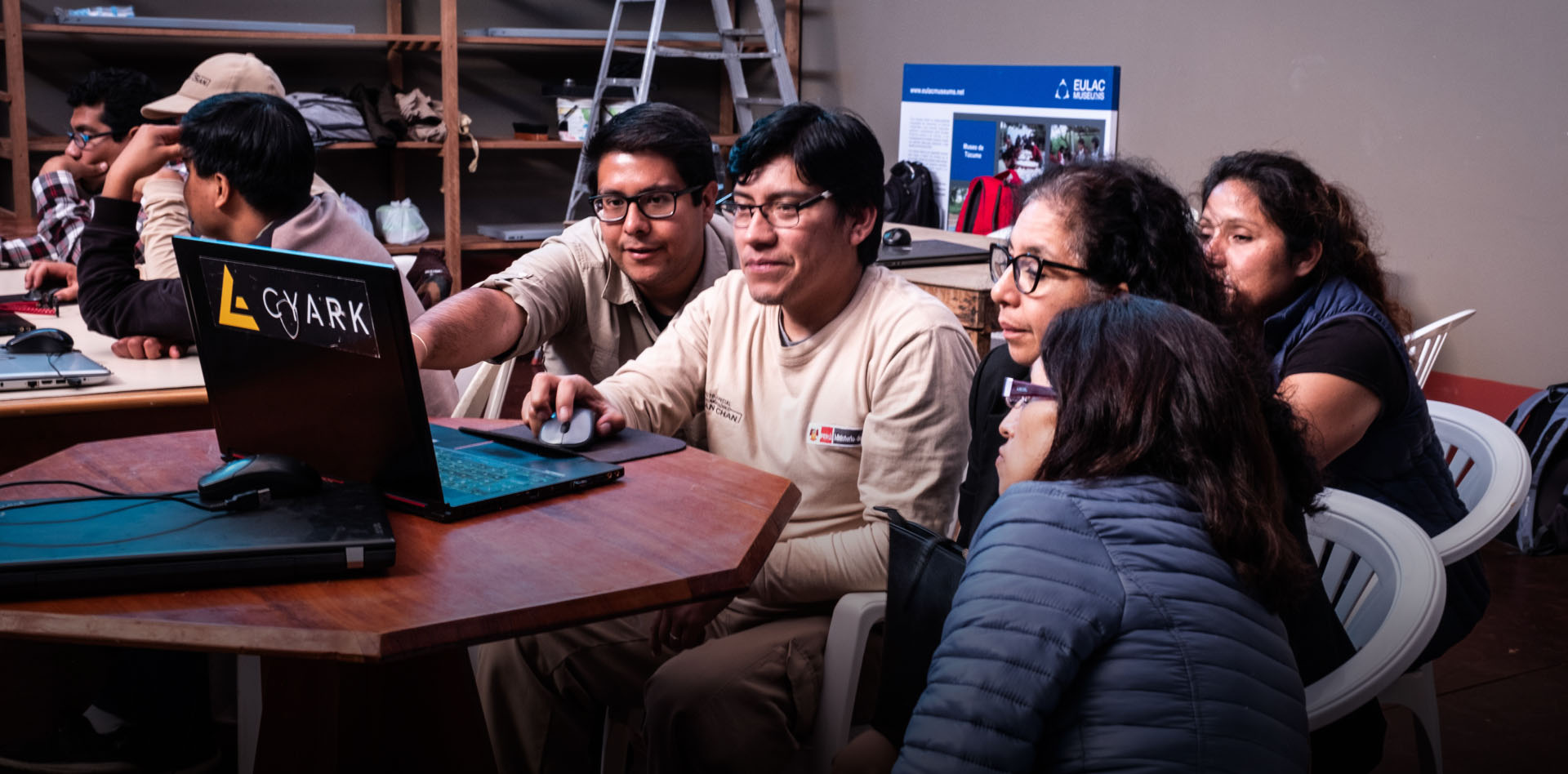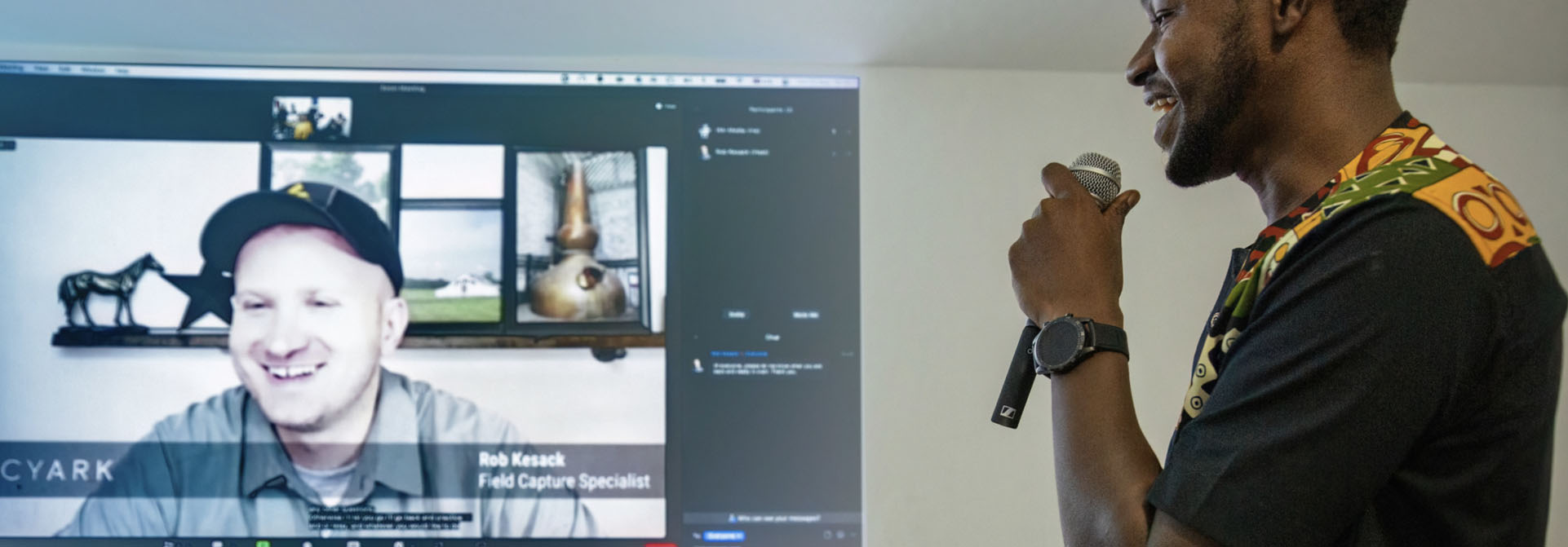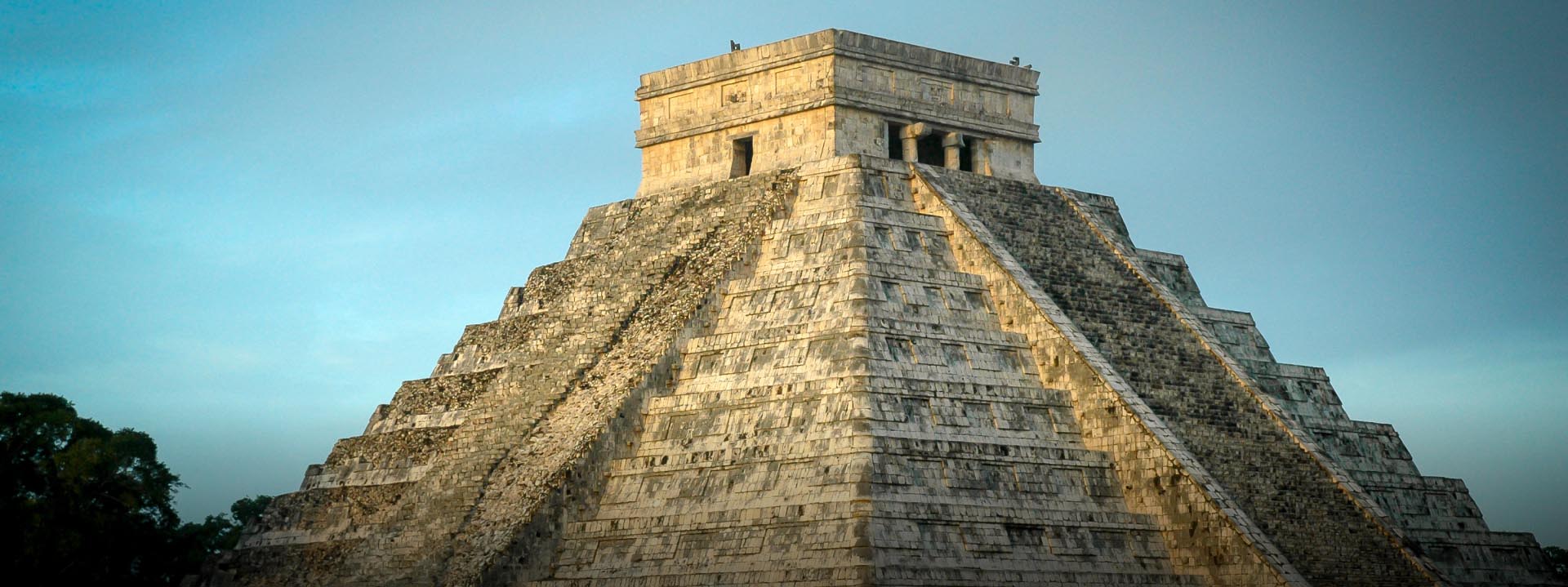
HERITAGE DOCUMENTATION TRAINING GRANT
Empowering Cultural Preservation

CyArk is pleased to announce the Heritage Documentation Training Grant. A unique opportunity for 10 dedicated emerging profesionals to gain comprehensive photogrammetry training and hands-on experience with industry-standard software, all completely free of charge. Elevate your skills in documenting cultural heritage with cutting-edge digital tools over an intensive 3-week virtual training.
Why apply?

Live Sessions
Dive deep with 20 hours of live sessions with CyArk experts, along with dedicated support.

Resources
Access CyArk's extensive training resources and materials

Certificate
Earn a Certificate in photogrammetry

ABOUT THE PROGRAM
The program is designed to empower emerging profesionals with new skills to preserve and promote cultural heritage as well as build capacity and adoption of digital documentation techniques within the cultural heritage community.
Our goal is to disseminate best practices and reliable methodologies for capturing and processing 3D heritage data, empowering field practitioners to obtain precise datasets for diverse applications.
Awardees are encouraged to carry these acquired skills into their local communities and professional networks, using them to address tangible conservation and restoration challenges or raise awareness of their local heritage.
How does it work?
This program is made possible thanks to the generous support from

Key Dates
Application Deadline: January 30th, 2026 at 11:59 pm PDT
Recipient Notification: February 6th, 2026
Training Cohort Begins: March 2nd, 2026
Review the schedule for more details.
Recipient Notification: February 6th, 2026
Training Cohort Begins: March 2nd, 2026
Review the schedule for more details.
Selection Criteria
The selection process for this program is based on specific criteria, each carrying a different weight in the evaluation:
Demonstrated Passion for Heritage (20%): Candidates who showcase a genuine and profound passion for the preservation of cultural heritage and history will receive strong consideration. This enthusiasm should reflect a deep appreciation for the importance of heritage.
Foundational Photography or 3D Modeling Knowledge (20%): While not mandatory, candidates with a basic understanding of photography concepts or prior experience in 3D modeling will have an advantage, as this knowledge can help facilitate learning.
Potential Application (40%): Preference will be given to applicants who can clearly demonstrate how the skills acquired during the program will be applied in practical ways within their communities or relevant contexts. Particularly, emphasis will be placed on areas where these skills are in high demand.
Career Impact (20%): As this grant is designed for emerging professionals, candidates who can articulate how participation in the program will meaningfully advance their career, whether by opening new opportunities, strengthening professional skills, or supporting long-term goals, will be scored more highly.
These criteria, with their respective weightings, help ensure a comprehensive and fair assessment of all applicants, ultimately selecting individuals who are not only passionate about heritage but also well-positioned to make a meaningful impact with the skills they acquire.

FAQs
What is the Heritage Documentation Training Grant?
The Heritage Documentation Training Grant is a program designed to build capacity and adoption of digital documentation techniques within the cultural heritage community. It offers free digital documentation training and software to selected grantees.
Who is eligible to apply for the grant?
This opportunity is open to emerging professionals worldwide aiming to either refine their existing digital skills or acquire new skills in digital heritage documentation.
How do I apply for the grant?
To apply, complete the online application form provided on the program's website. The form will require information about your background, skills, motivation, and availability.
Are there any prerequisites for applying?
There are a few practical prerequisites due to the nature and limitations of the program. Grantees must be proficient in English, able to attend all workshop sessions via a stable internet connection and have access to a camera with manual controls, interchangeable lenses, and computer to complete exercises. A detailed description of the prerequisites is linked above. We encourage individuals of all skill levels to apply.
What is the program's duration?
The intensive training portion of the program is three weeks, with approximately 20 hours of meeting time throughout the period. (Week 1: March 2 - 26, Week 2: March 9 - 13, Week 3: March 16-20). Please refer to the course schedule for exact dates and times
What if I can’t make the days/ times of the training?
We have selected dates and times that can work with a variety of schedules, as well as fit within CyArk’s additionally scheduled work. Unfortunately we are not able to make special accomodations for individual applicants.
Is there a cost associated with the grant?
No, the Heritage Documentation Training Grant is fully funded. There are no costs or fees for selected participants.
How are participants selected for the grant?
Participants are selected based on their application and the listed selection criteria. This includes background, skills, motivation, and commitment to the program's goals. We aim to create a diverse cohort of students.
What are the technical requirements for participation?
Participants should have a stable internet connection for virtual sessions. A computer equipped with an NVIDIA GeForce graphics card is essential for fully benefiting from all aspects of the photogrammetry and 3D model processing pipeline, as it plays a crucial role in tasks like 3D model reconstruction and texturing.
How will the training be conducted?
The training consists of video call workshops led by CyArk's experts. These workshops cover various aspects of heritage documentation, 3D modeling, and technology applications.
Will I receive a certificate upon completion?
Yes, participants who successfully complete the program will receive a certificate in photogrammetry.
How will data generated during the program be used?
Data generated by participants will be processed and published on the Open Heritage platform, contributing to the preservation of cultural heritage for wider access and utilization.